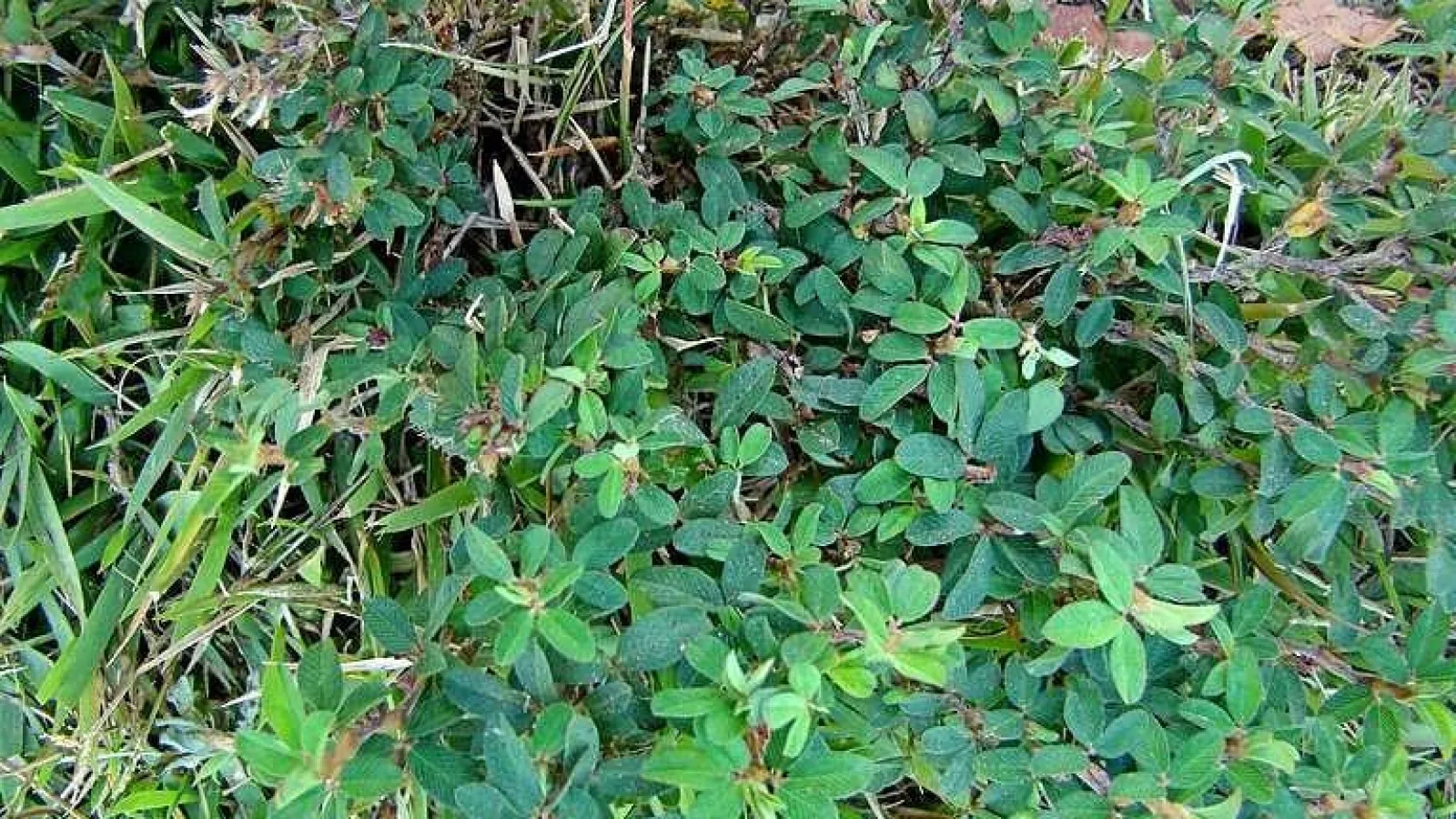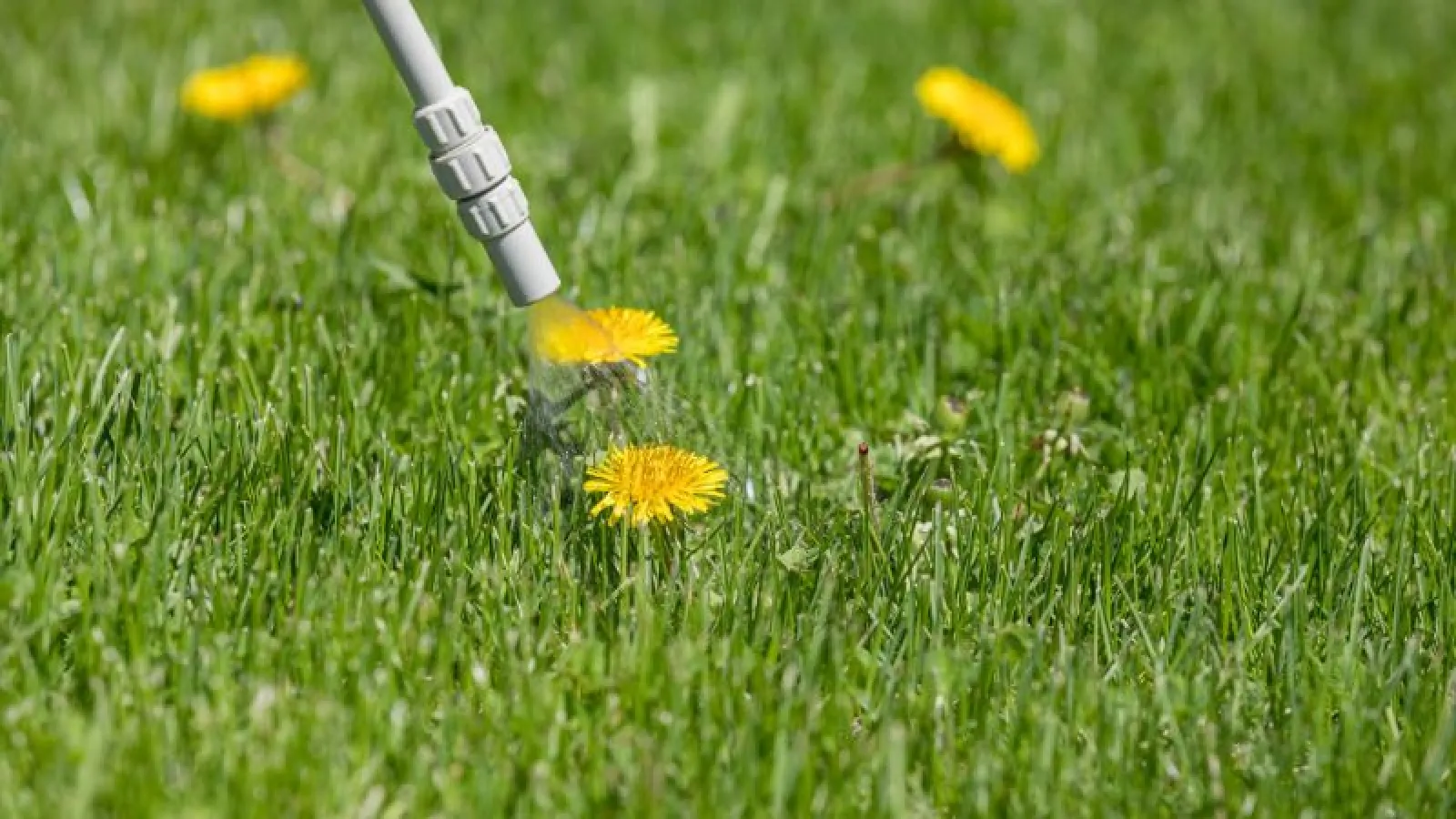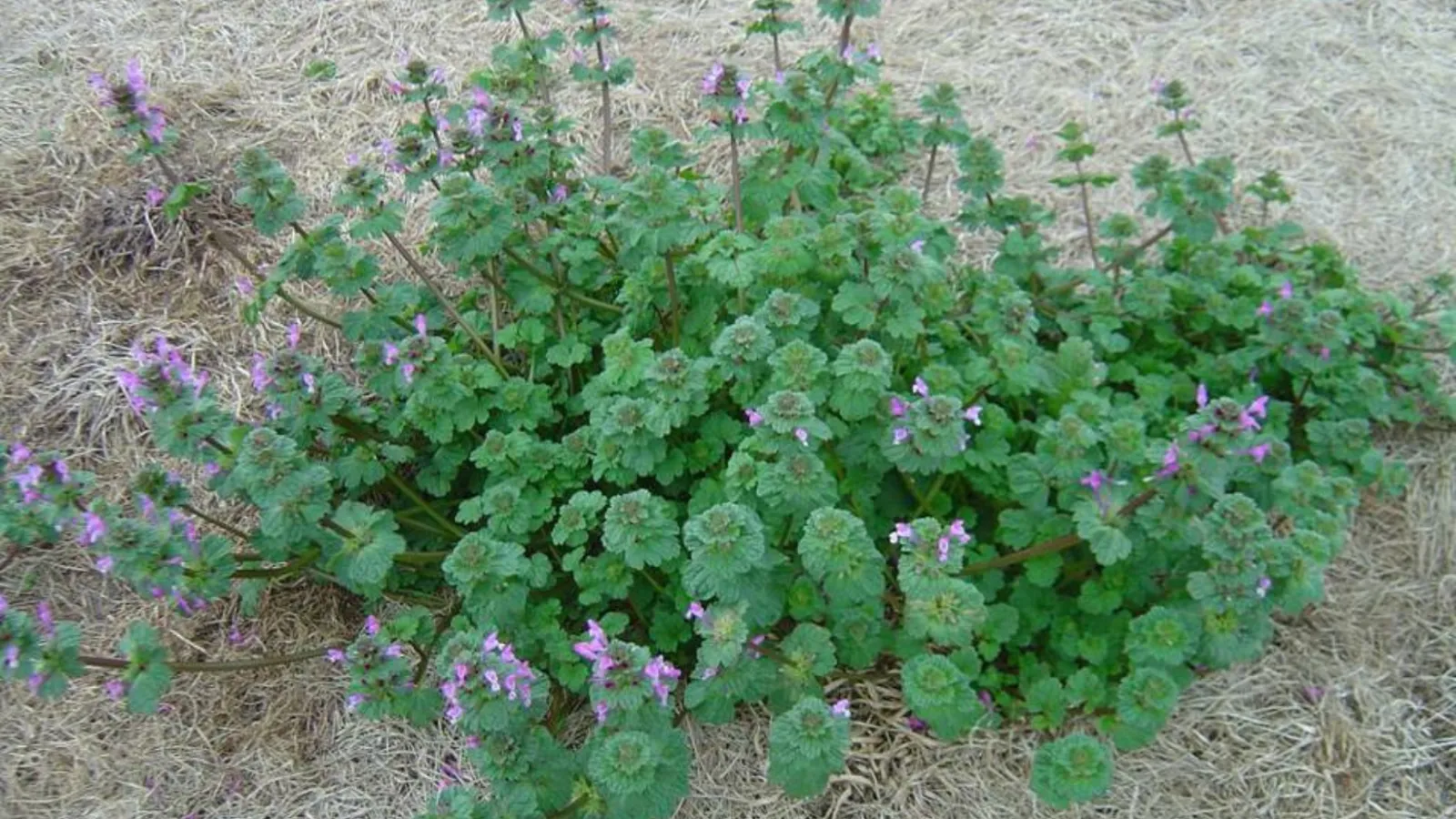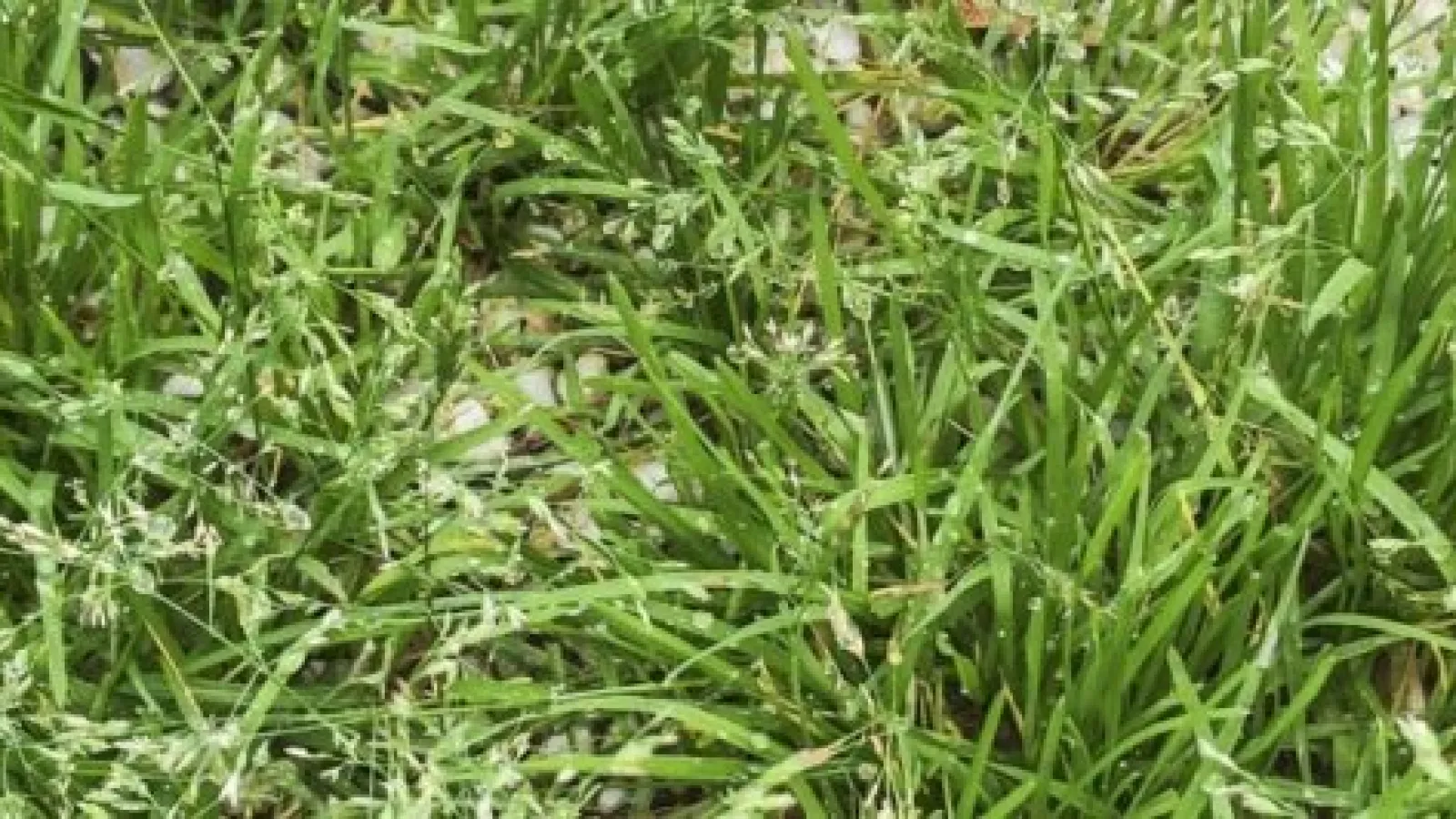
Common Summer Weed: Lespedeza
We're just days away from the official first day of summer. The weather is heating up and the days are getting longer, and the summer weeds are flourishing. A common summer weed we find in both, warm-season and cool-season turfgrasses, is common lespedeza.
Common Lespedeza
Common lespedeza, also known as Japanese clover, (Kummerowia striata, syn. Lespedeza striata) is a common summer weed. It is a freely branched, annual legume that is a problematic weed in lawns and other turf areas and can easily choke out thin turf.

Common lespedeza has three dark green, smooth, oblong leaflets. The leaves have parallel veins that are almost perpendicular to the vein in the middle. Lespedeza has a semi-woody taproot and grows close to the ground, making it difficult to cut with a mower. Its flowers are pink to purple in color.
It germinates in early spring but really becomes prevalent in a lawn beginning in June. Because lespedeza is drought-resistant, it can survive dry conditions. Though lespedeza can be found in all types of turfgrasses, it is especially prevalent in turfs with compaction, poor soil or limited supplemental nitrogen.
Cultural Control
- Water deeply and infrequently. This encourages turfgrass root development, which may improve the ability of desired grasses to compete with weeds.
- Minimize soil compaction to promote turfgrass growth and compete with weed populations. This may include staying off the grass for a time period.
- Core aerate annually. Aeration improves soil compaction and allows water, air and nutrients to get down to the roots.
- Mow at the proper height for your lawn type. However, it may be necessary to raise the mowing height during peak germination of annual weeds, such as common lespedeza. This encourages turf competition to reduce potential infestations.
Chemical Control
Some post-emergent herbicides can control lespedeza once it's established. But as with any weed, having a thick, healthy turf is the most effective way to reduce the likelihood of lespedeza in your lawn. Providing your lawn with proper nutrients, maintaining proper soil pH and mowing at regular intervals will impede weed growth.
The Turf Masters Lawn Care Program can help control lespedeza and other common summer weeds. Contact us today for your free estimate.
Photo credit: University of Maryland Extension


